South Africa Adblue Oil Size
South Africa AdBlue Oil Market Growth Projections and Opportunities
The South African AdBlue oil market is influenced by various market factors that shape its dynamics and growth trajectory. One significant factor is the regulatory environment. Government regulations regarding emissions standards play a crucial role in driving the demand for AdBlue, as it is used to reduce harmful nitrogen oxide emissions in diesel vehicles. Compliance with these regulations by vehicle manufacturers and operators drives the adoption of AdBlue, creating a steady demand in the market.
AdBlue Oil is a diesel exhaust liquid that is used in different kinds of vehicles. It is considered to be a very popular fluid mix that is used for gasoline and diesel fuel-based vehicles. This demand for the mix has been surging rapidly as it facilitates Selective Catalytic Reduction (SCT) Technology apart from other chemical reactions with exhaust gases. It is environmentally friendly as it reduces the emission of nitrogen oxides.
Economic factors also play a vital role in shaping the South African AdBlue oil market. Economic growth, industrial activities, and the overall health of the transportation sector directly impact the demand for diesel vehicles and, consequently, AdBlue. During periods of economic expansion, there tends to be an increase in commercial activities and transportation, leading to higher demand for diesel vehicles and AdBlue. Conversely, economic downturns may result in reduced demand for AdBlue as businesses cut back on expenses.
The price of raw materials, particularly urea, significantly influences the production costs of AdBlue. Urea is a key component of AdBlue, and fluctuations in its price can impact the profitability of AdBlue manufacturers and suppliers. Changes in global urea prices, influenced by factors such as supply and demand dynamics, production costs, and geopolitical factors, can directly affect the pricing and availability of AdBlue in the South African market.
Technological advancements also play a crucial role in shaping the South African AdBlue oil market. Innovations in engine technology and exhaust treatment systems influence the consumption patterns of AdBlue. For instance, the development of more fuel-efficient diesel engines or the implementation of selective catalytic reduction (SCR) systems can impact the efficiency of AdBlue usage, affecting the overall demand for the product.
Market competition is another significant factor driving the dynamics of the South African AdBlue oil market. The presence of multiple suppliers and manufacturers competing for market share leads to price competition and innovation. Companies strive to differentiate their products through quality, pricing strategies, distribution networks, and value-added services, ultimately influencing consumer preferences and market trends.
Infrastructure development also plays a vital role in the growth of the AdBlue market in South Africa. The availability of AdBlue distribution points, such as fuel stations and service centers, is essential for ensuring convenient access for consumers. Investments in infrastructure to support AdBlue distribution and storage facilities contribute to market expansion by facilitating widespread adoption and usage of AdBlue across different regions.
Environmental awareness and sustainability initiatives are increasingly influencing consumer behavior and corporate practices. As concerns about air pollution and climate change escalate, there is a growing emphasis on reducing emissions from diesel vehicles. This trend drives the demand for AdBlue as an effective solution for minimizing nitrogen oxide emissions, aligning with regulatory requirements and corporate sustainability goals.
Overall, the South African AdBlue oil market is influenced by a combination of regulatory, economic, technological, competitive, infrastructural, and environmental factors. Understanding these market dynamics is crucial for stakeholders, including manufacturers, suppliers, distributors, and consumers, to navigate the evolving landscape and capitalize on emerging opportunities for growth and innovation.
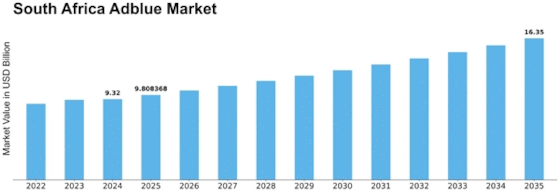


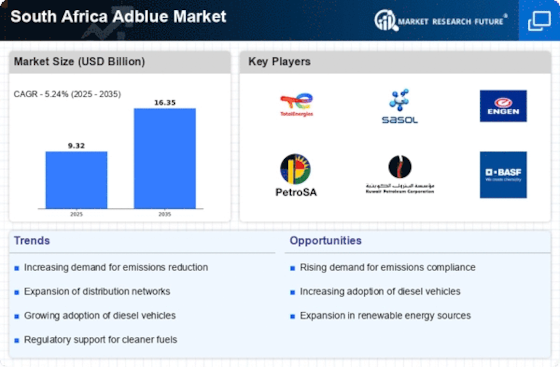

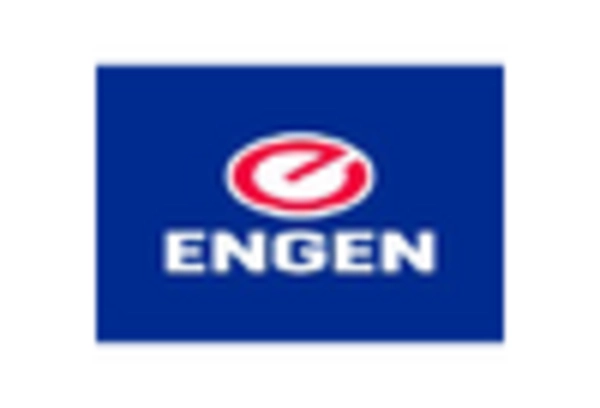
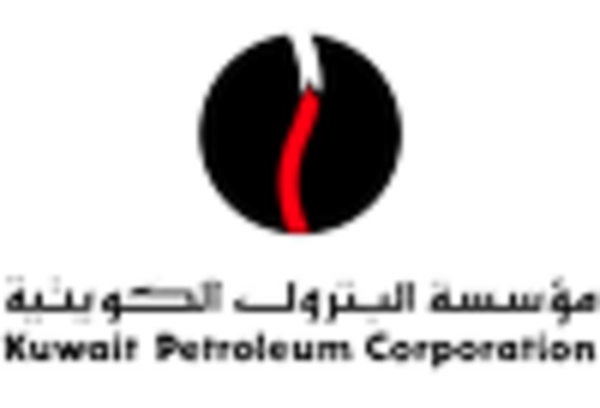
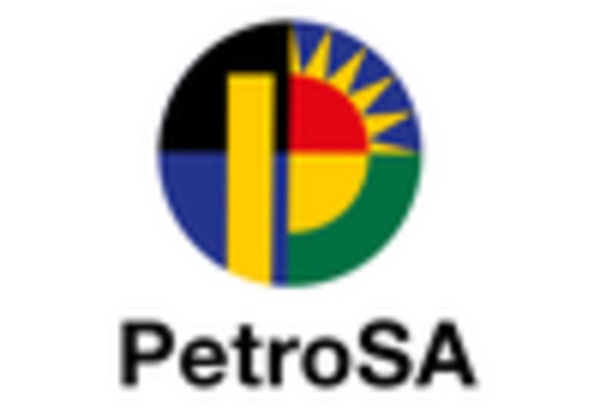
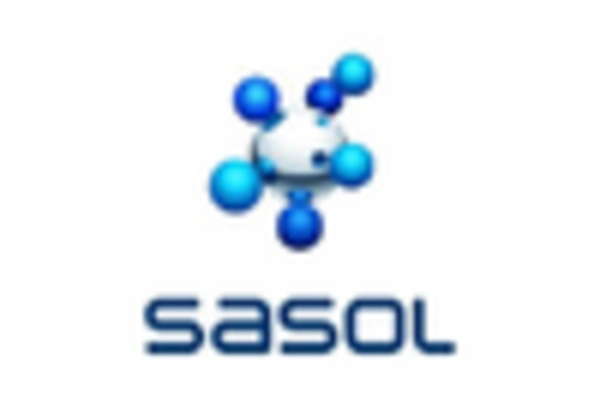











Leave a Comment